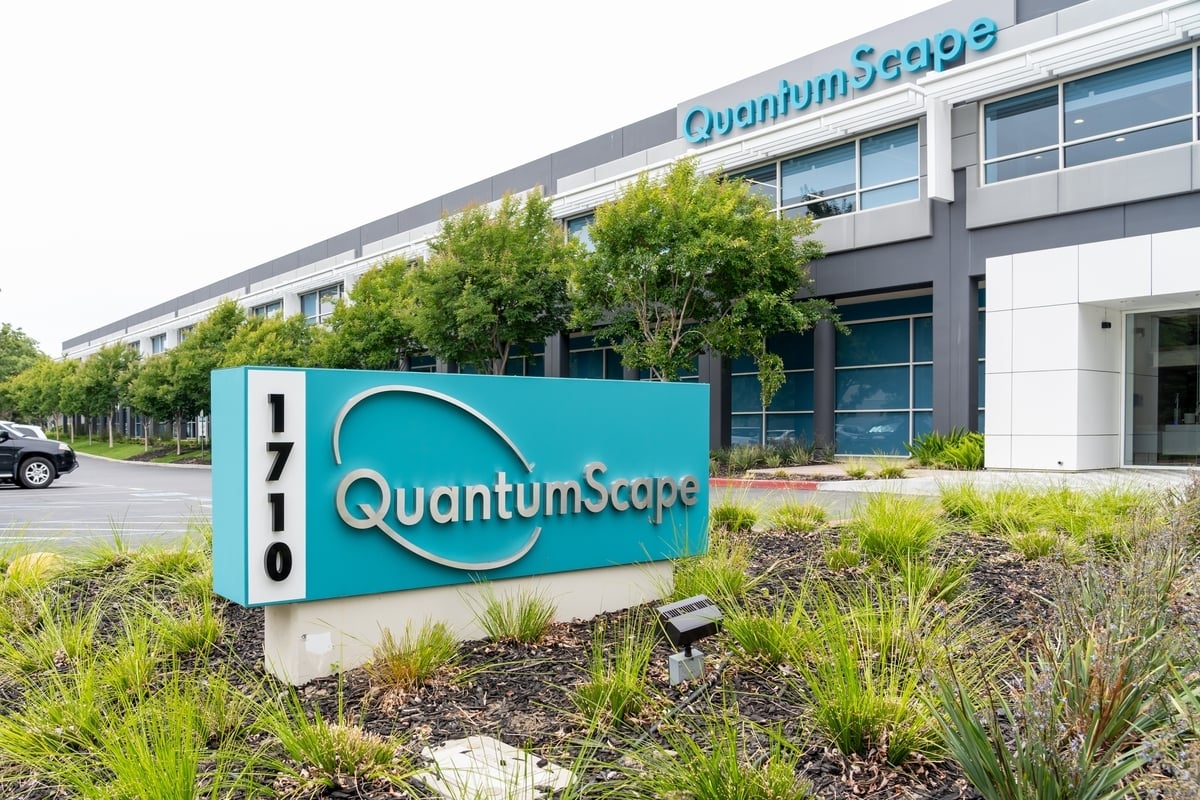TLDR
- The U.S. government plans to use CHIPS Act funds to support quantum firms.
- Experts warn that quantum computing could soon break current encryption systems.
- Quantum computing investments may involve equity stakes in tech companies.
- “Harvest now, decrypt later” attacks could already threaten encrypted data.
The United States is exploring direct investments in quantum computing companies, aiming to strengthen national security and maintain a technological edge over China. Amid growing concerns about quantum computing’s potential to break current encryption standards, the U.S. government is considering using funds from the CHIPS Act to support the sector. However, this strategy raises questions about its long-term effects on the economy and the role of government intervention in private markets.
Government Plans to Fund Quantum Computing
The U.S. Department of Commerce is reportedly in early discussions with quantum computing firms to offer direct financial support. This funding, which would come from the CHIPS Act, aims to keep pace with China’s advancements in quantum technologies.
Quantum computers could pose a serious threat to the encryption systems that protect critical sectors like finance, healthcare, and military operations. Government officials are seeking an exchange for these investments, which may include taking equity stakes in these companies, similar to a deal made with Intel earlier this year.
This move reflects growing concerns about the potential for quantum computing to compromise existing security measures. As quantum technologies develop, they could challenge current encryption standards, leading to vulnerabilities in systems that rely on cryptography to protect sensitive data.
Debate Over Government Involvement
While the U.S. government’s plan to invest in quantum computing has national security as its primary focus, it has sparked debate among economists. Critics argue that such government intervention risks shifting the U.S. economy toward a centrally planned model
Economist Peter Schiff has voiced concerns on social media, suggesting that increased state control over private businesses may undermine the principles of a free-market economy. Schiff emphasized that the market, rather than the government, should determine how funds are allocated.
Despite these criticisms, others contend that maintaining competitiveness in emerging technologies is essential for national security. As the quantum computing race heats up, the U.S. faces pressure to ensure its technological capabilities outpace those of rival nations, especially China. The government’s involvement may be necessary to safeguard the country’s position as a global leader in technology and innovation.
Quantum Computing and National Security
Quantum computing has the potential to disrupt many industries, especially those reliant on encryption. If quantum computers can break current encryption algorithms, sensitive data in sectors like banking, healthcare, and defense could be at risk. This has led to a push for post-quantum cryptography—new security measures designed to withstand quantum-powered attacks.
Security experts warn that the timeline for when quantum computers might break encryption is uncertain. Some predict it could take five to ten years, while others suggest the threat may already be unfolding. For example, attackers could gather encrypted data now, storing it for future decryption once quantum computers become sufficiently advanced. This tactic, known as “harvest now, decrypt later,” raises alarms among those focused on safeguarding digital security.
The Role of Post-Quantum Cryptography
As the U.S. accelerates investments in quantum computing, there is also growing attention on developing post-quantum cryptographic solutions. Companies and government agencies are actively working on strategies to prepare for the eventual rise of quantum computing.
These solutions are intended to create encryption methods that cannot be easily broken by quantum algorithms. The urgency to develop and implement these systems grows as the quantum threat becomes more tangible.
David Carvalho, CEO of Naoris Protocol, a cybersecurity company focused on post-quantum solutions, suggests that people might not even realize when a quantum computer becomes operational.
He warned that adversaries could already be in control of quantum technologies, potentially making it too late to fully prepare for the impact on digital security. This underscores the importance of proactive investment in both quantum computing and post-quantum cryptography to ensure the continued protection of vital information.






